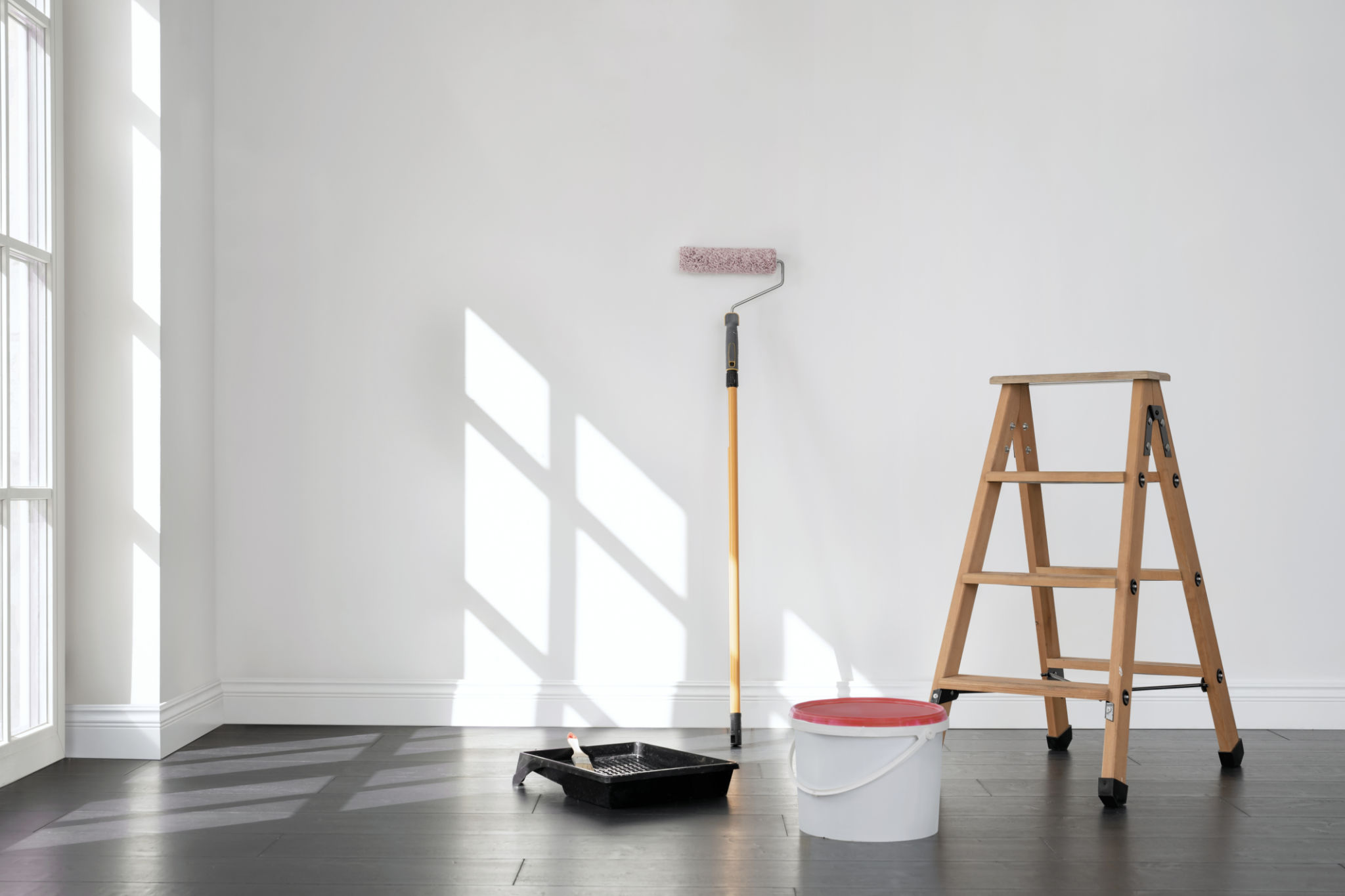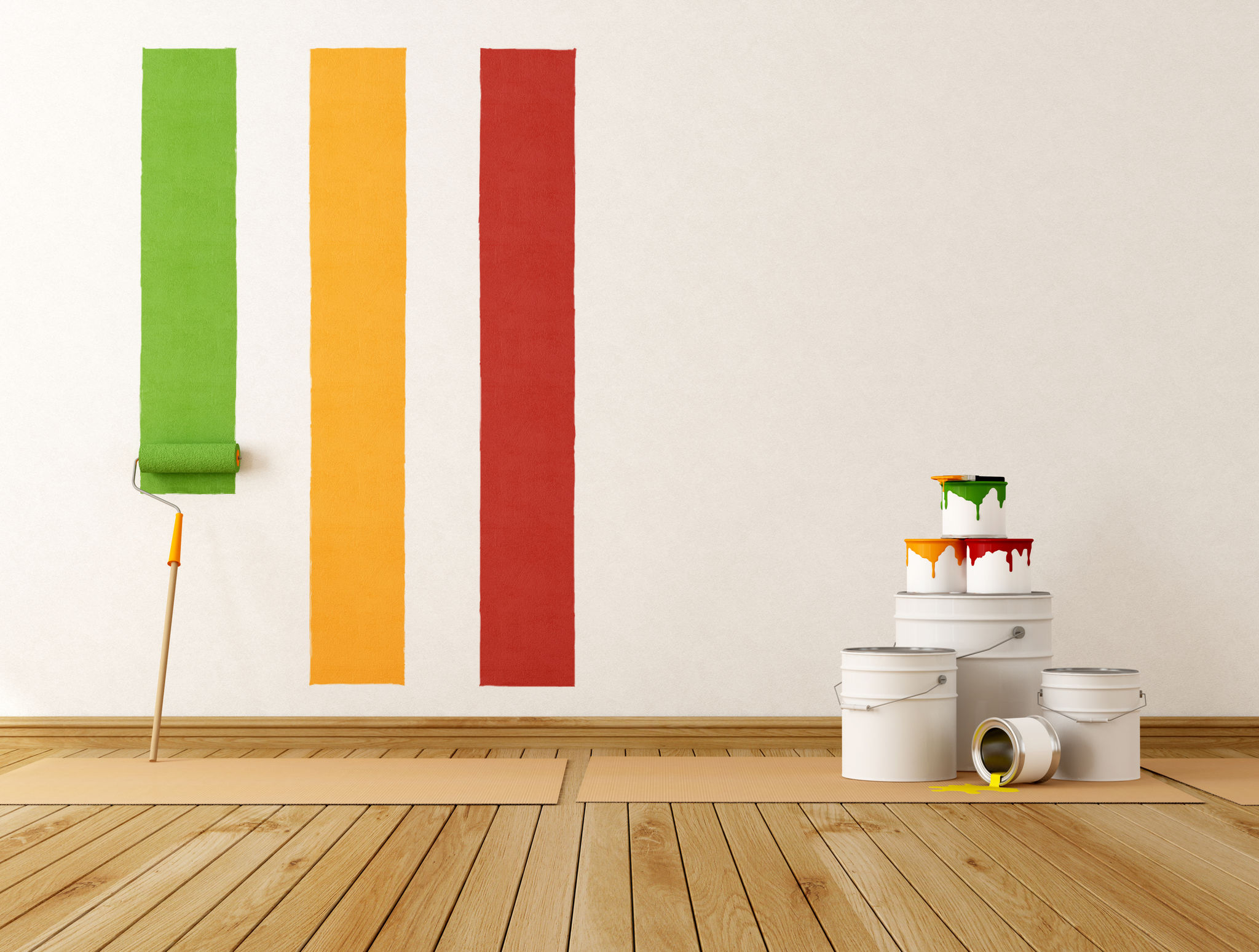DIY Home Painting Tips: When to Call in the Experts
Understanding the Basics of DIY Home Painting
Painting your home can be a rewarding DIY project, offering a fresh look and feel to your living space. However, before you dive into the world of brushes and rollers, it's crucial to understand the basics. Selecting the right type of paint, preparing surfaces, and choosing appropriate tools are all vital steps in ensuring a successful outcome.

Preparation is Key
Proper preparation sets the foundation for a quality paint job. Start by cleaning the walls to remove dust and grime, ensuring the surface is smooth and dry. Sanding rough patches and filling in any holes or cracks is also essential. Applying painter's tape to edges and trims can help achieve clean, sharp lines.
Choosing the Right Paint and Tools
The type of paint you select can significantly impact the final result. Consider factors such as room usage, lighting, and desired finish—whether it's matte, satin, or glossy. Investing in high-quality brushes and rollers can make a noticeable difference in application and finish.

Recognizing When to Call in the Experts
While DIY painting can be a fulfilling task, there are times when hiring professional painters is the wisest choice. If you're dealing with high ceilings or hard-to-reach areas, safety becomes a priority. Additionally, intricate details or murals may require an expert's touch to ensure precision and quality.
Handling Difficult Surfaces
Surfaces like textured walls or those previously painted with oil-based paints can present challenges. If you're unsure how to tackle these, it might be time to consult a professional. They have the expertise to manage complex surfaces without compromising on quality.

Time and Cost Considerations
Another reason to consider professional help is time constraints. Painting can be time-consuming, especially for larger projects. Professionals not only expedite the process but also have access to trade discounts on materials, potentially offsetting some of the labor costs.
Maximizing Your DIY Efforts
If you decide to go the DIY route, there are ways to enhance your results while keeping costs down. Begin with small projects to build confidence before tackling entire rooms. Seek advice from local hardware stores or online forums for tips and tricks tailored to your specific needs.
Learning from Mistakes
Mistakes are part of the learning process in any DIY project. If you do encounter issues, such as uneven coats or drips, don't be discouraged. These can often be corrected with additional coats or simple touch-ups. Over time, your skills will improve with practice.

In conclusion, while DIY home painting offers numerous benefits, recognizing your limitations and knowing when to call in the experts can save you time, money, and frustration. Whether you're refreshing a single room or undertaking a full home makeover, planning and preparation are integral to achieving a beautiful result.
